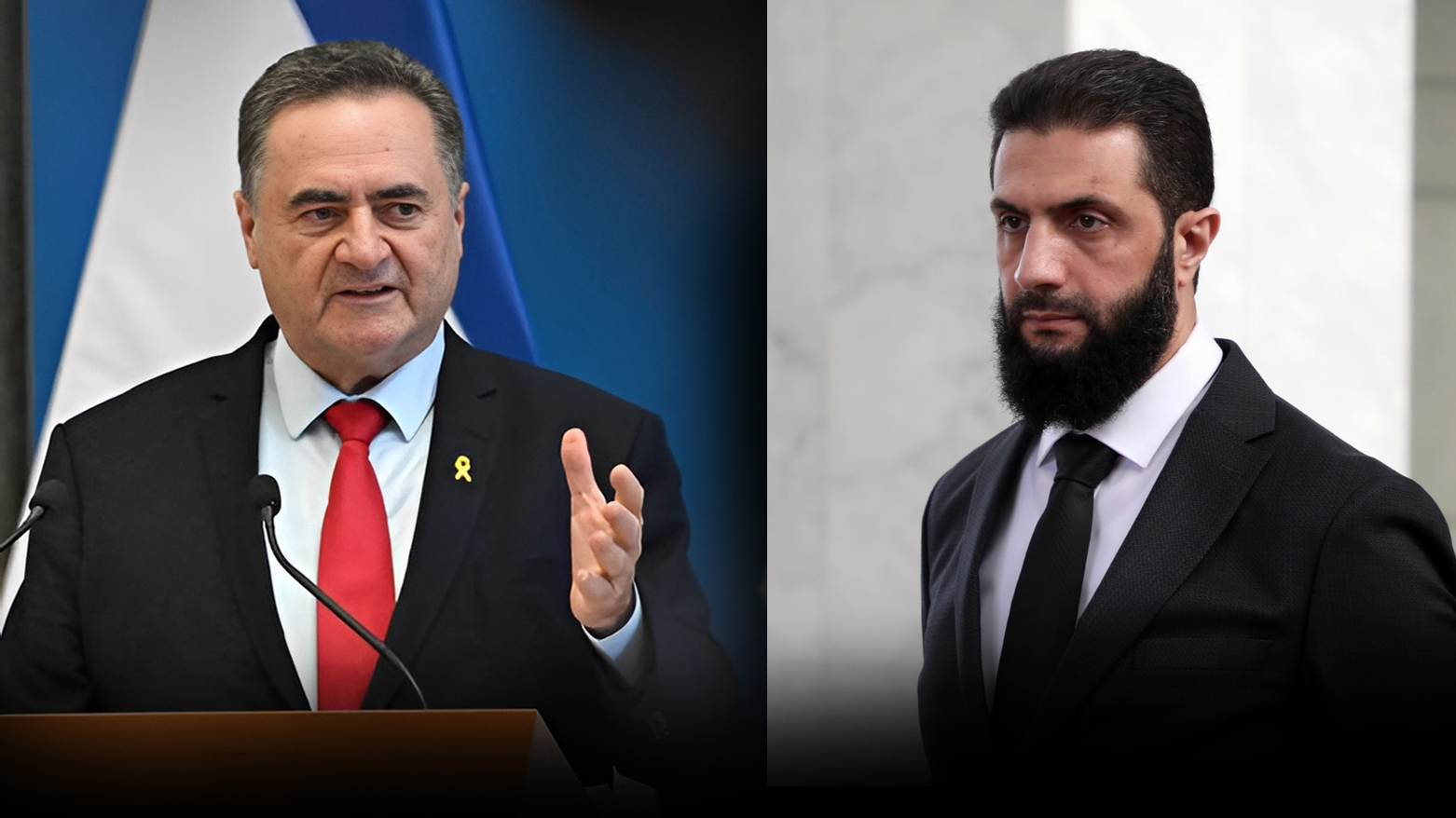Israel Warns ‘Syria’s AL-Jolani of Heavy Price' If Security Interests Are Threatened
The warning comes amid heightened tensions along the Israeli-Syrian border, as Israel continues to target military infrastructure it deems a threat.

By Ahora Qadi
ERBIL (Kurdistan24) - Israeli Defense Minister Israel Katz issued a stern warning to Syrian President Ahmed al-Sharaa on Thursday, vowing severe consequences if Syrian territory is used to threaten Israel’s security.
"I warn the Syrian leader, Abu Mohammad al-Jolani: If you allow hostile forces to enter Syria and endanger Israel’s security interests, you will pay a heavy price," Katz stated, referring to the president by his former nom de guerre.
The warning comes amid heightened tensions along the Israeli-Syrian border, as Israel continues to target military infrastructure it deems a threat.
The Israeli military confirmed on Thursday that it had responded to gunfire from “armed militants” in southern Syria. The Israel Defense Forces (IDF) stated that it had launched ground and air strikes, eliminating multiple fighters in the area.
"Weapon stockpiles in southern Syria pose a direct threat to Israel," an IDF spokesperson said, adding that the Israeli military "will not allow the presence of hostile forces in Syria and will take action to eliminate any military threats."
Israeli Airstrikes Send a Warning to Turkey
Israel’s recent airstrikes in Syria were not only aimed at eliminating security threats but also carried a strategic message to Turkey, Israeli officials told The Jerusalem Post. The message was clear: "Do not establish a military base in Syria and do not interfere with Israeli operations in Syrian airspace."
Syria Condemns Israel
Damascus swiftly condemned the Israeli airstrikes, labeling them an "unjustified escalation" and a deliberate attempt to destabilize Syria. The Syrian Foreign Ministry reported that Israeli warplanes struck five locations within 30 minutes, destroying Hama’s military airport and wounding both military personnel and civilians.
The statement framed Israel’s actions as part of a broader strategy to obstruct Syria’s post-war reconstruction, calling on the international community to hold Israel accountable for repeated violations of international law.
This diplomatic inconsistency has raised questions about Syria’s approach to foreign intervention, as it appears to tolerate Turkish influence while maintaining a hardline stance against Israel. The latest escalation underscores the fragile nature of Syria’s security landscape, with regional powers maneuvering for control amid shifting alliances.